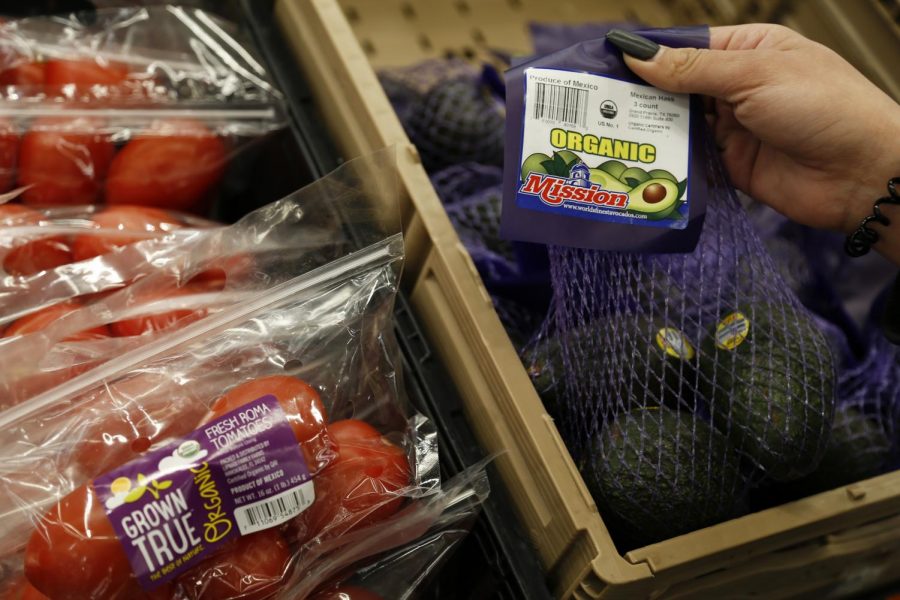Make an edible garden on the Pullman campus
Maintaining a garden on campus would provide organic produce for students, promote healthy eating practices
ZACH RUBIO | EVERGREEN PHOTO ILLUSTRATION
Organic, local produce is in limited supply in Pullman. Any student concerned over the pesticides used in the food offered at WSU dining halls would have to get far from campus to find something that suits them. This can be solved by growing our own fresh produce.
March 26, 2019
Pullman’s first edible garden should set a precedent for providing an accessible place for more food options.
WSU’s staff and students should work to establish its own garden on campus to encourage healthy diets among students and offer an alternative to the food served in dining halls.
An edible garden on campus ensures that all students have the option of eating healthier and promotes better dietary choices. We’re investing in the health of our community by reducing the number of harmful agents that can be taken in from produce sourced elsewhere.
Pesticides, found in traditional non-organic foods sold at the supermarket, are incredibly harmful to the body as they can cause health issues like headaches, birth defects and strain on weakened immune systems, according to an article by HelpGuide. With food grown on campus, concerned students would know exactly how their food was grown and be able to eat it without worrying about any adverse effects.
It would also serve as a chance to educate students on the effects of organic versus non-organic produce, making students more aware of what they consume. The primary difference is that organic foods use more natural means of pest control, like insects or naturally-derived pesticides, whereas non-organic produce uses synthetic pesticides, said Tomyia Wallace, a junior majoring in agricultural sciences.
Whether students care about these differences is up to them, but they should be informed on the matter and given options to fit their dietary choices.
“Living in a small town, options, especially on campus, are incredibly limited,” Wallace said. “More options for organic produce and produce in general, are needed.”
More options to obtain locally sourced, organic produce would help fulfill the needs of the large population at WSU. A garden on campus may not be able to provide food for everyone, but a higher volume of students could get the option they find healthier than they can now.
While an edible garden in Pullman is being built, WSU students and staff should take it upon themselves to build a second one as Pullman’s population would strain a single garden. With a garden of our own, free of unnatural preservatives or pesticides, people who prefer contaminant-free foods will no longer have to search great lengths to find food that fits their needs.
The actual cost of a student garden would be fairly cheap. The startup costs for larger kinds of these gardens typically cost only around $30,000. These costs include insurance, contractor wages and gardening supplies. The funding for this project could be donated by students and alumni through the Cougar Green Fund, which was created to provide resources for student sustainability projects.
Upon registering for the upcoming semester, students have the option of donating $5 or more to the Cougar Green Fund for projects like an edible garden, which can be petitioned for.
If having a clean, alternative source of fresh food is appealing to you, then petition for and donate toward this goal to take advantage of the benefits an on-campus edible garden would offer.








